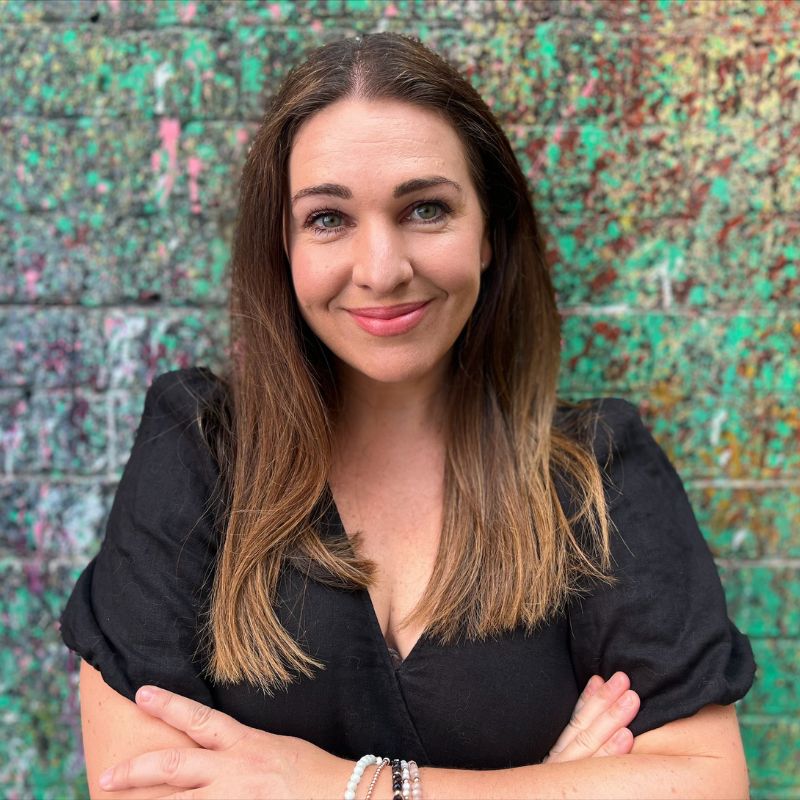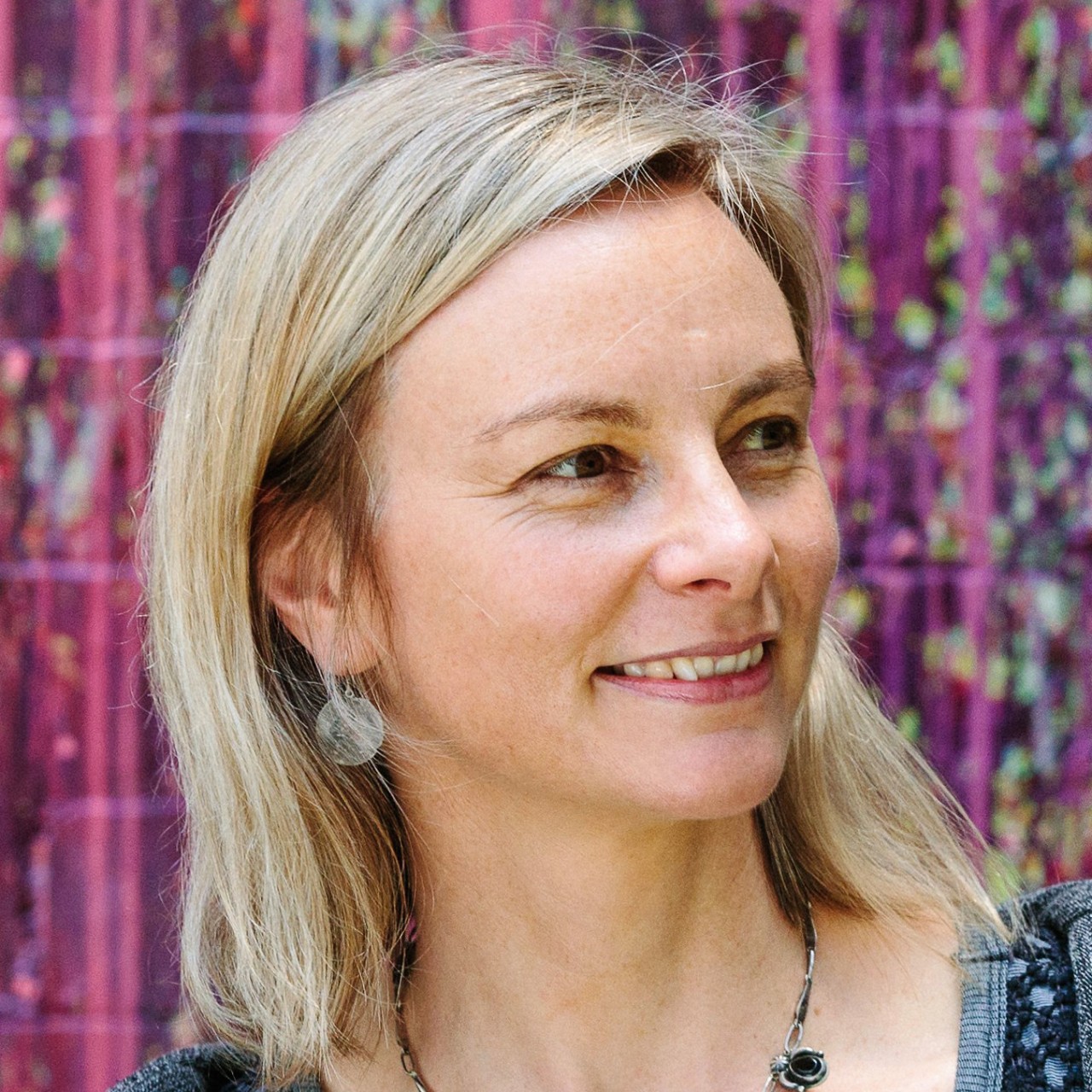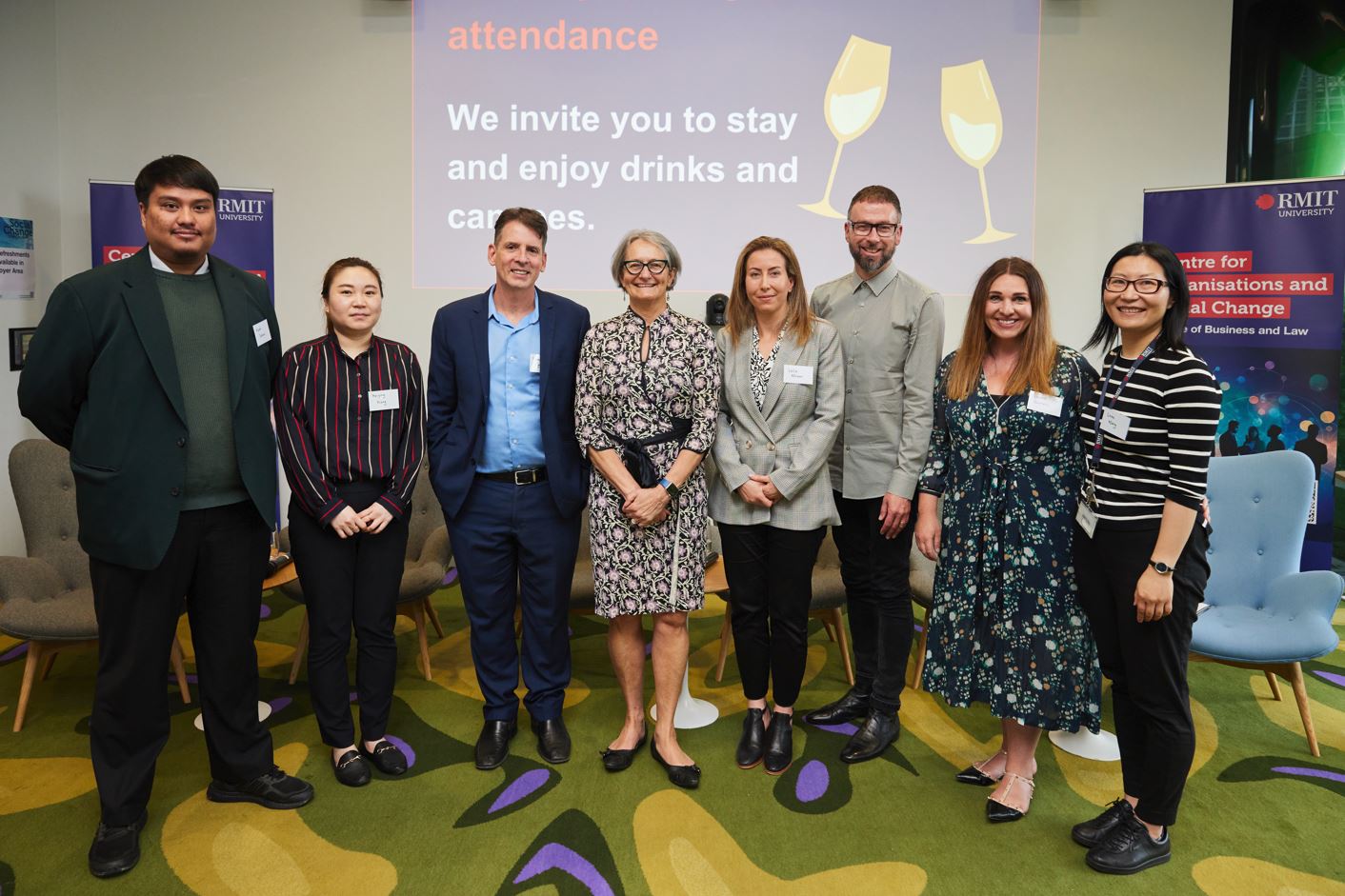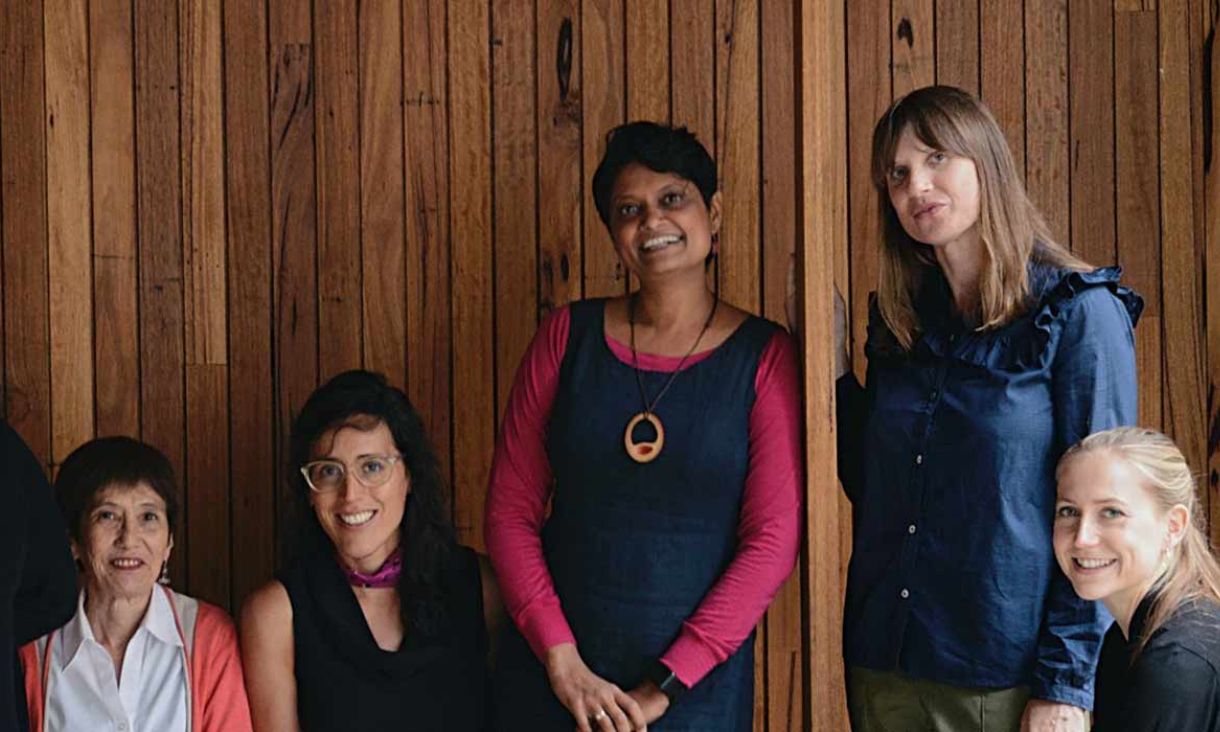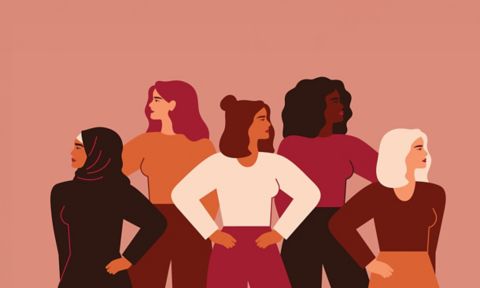Self-reflection key to empowering students to affect change
For both Gurrieri and Coate, critical thinking and self-reflection are powerful tools to empowering their students to be agents of change in driving gender equity.
In 2018, Gurrieri designed a new course, Marketing and Society, which prepares undergraduate business students to develop capabilities in ethical and social responsibility as future marketing practitioners and to evaluate marketing’s role and impact on society.
This year, the final assessment task that students will undertake is focused on analysing and creating solutions for gender equality issues in marketing.
“Most marketing courses focus on the applied aspects of marketing - the nuts and bolts of marketing” she explained.
“Marketing and Society gets students to consider the bigger picture of their subject matter and adopt a critical thinking mindset in the classroom.”
“Students examine a range of emerging, topical and contentious issues across marketing and society, including gender inequality problems such as the ongoing use and promotion of gender stereotypes or beauty ideals in marketing.”
They then consider how marketers and consumers can respond to these complex societal challenges to advocate for and promote social change.”
In her teaching Coate uses activity-based learning to challenge students in understanding how bias shapes the response to situational contexts that probe power imbalances.
“Women’s under-representation cannot typically be fixed by deficit models focused on women’s need to self-improve and lean-in,” she said.
“Especially when toxic workplace cultures create barriers for women to flourish.”
“Students complete self-assessment tasks to understand their biases and behavioural traits and attitudes,” she said.
“Using these results, they undertake self-reflection and consider insights in relation to their career ambitions and in light of real-world industry case studies explored in class.”
“The aim is to expose students to thinking about themselves in the context of fair, diverse and inclusive workplaces and the importance of taking individual responsibility for this.”
“By encouraging students to move away from a deficit way of thinking that ignores institutionalised processes and status quo power imbalances, I hope to empower them to be advocates from equity in the workplace and society more generally.”
